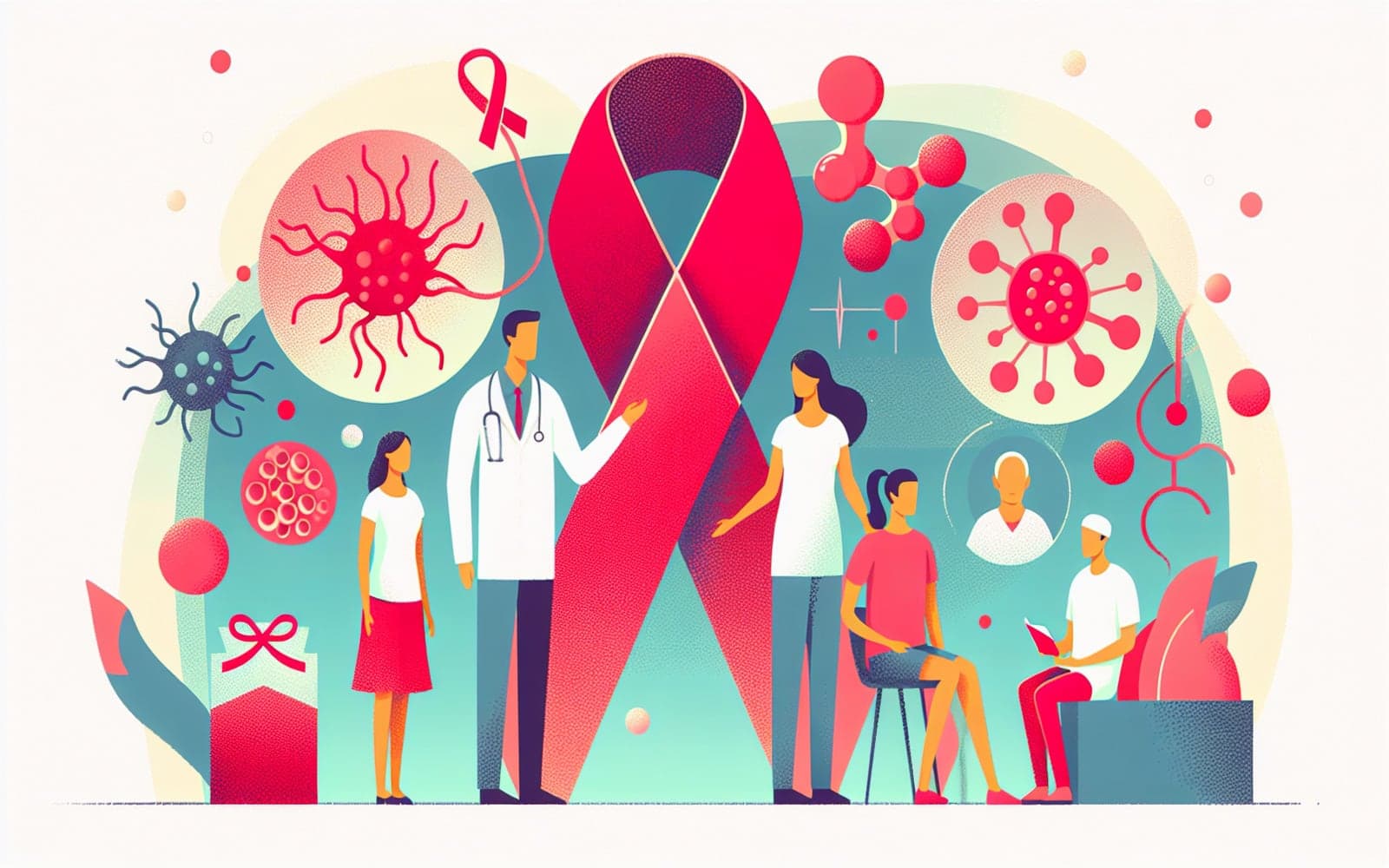Unmasking the Symptoms of Acute Myeloid Leukemia!
Published: Sep 30, 2023
Identifying symptoms of Acute Myeloid Leukemia (AML) early can make a big difference. Let's explore the tell-tale signs of this condition.
Contents
Fatigue and Weakness
One of the earliest and most common symptoms of AML is feeling extremely tired and weak. This happens because the leukemia cells crowd out healthy blood cells, leading to anemia. It's like your body is running on low fuel, making everyday activities exhausting.
Bruising and Bleeding
AML can cause easy bruising and bleeding since the blood's ability to clot is impaired. You might notice frequent nosebleeds, bleeding gums, or small red spots on the skin called petechiae. These occur because there aren't enough platelets, which help the blood clot.

Infections and Fevers
Frequent infections and fevers are common because AML affects white blood cells, which fight infections. With fewer healthy white cells, the body struggles to defend itself against bacteria and viruses, leading to more frequent illnesses.
Frequently Asked Questions
Fatigue is caused by a lack of healthy red blood cells due to AML.
AML leads to low platelet levels, which are needed for blood clotting.
AML reduces healthy white blood cells, increasing the risk of infections.
Key Takeaways
Recognizing these symptoms can lead to earlier diagnosis and better treatment outcomes.
Concerned about these symptoms? Talk to Doctronic to find out more.Related Articles
References
Cancer Stat Facts: Leukemia — Acute Myeloid Leukemia (AML). National Cancer Institute. Available at: https://seer.cancer.gov/statfacts/html/amyl.html (Accessed on January 10, 2024).
Blum W, Mrózek K, Ruppert AS, et al. Adult de novo acute myeloid leukemia with t(6;11)(q27;q23): results from Cancer and Leukemia Group B Study 8461 and review of the literature. Cancer 2004; 101:1420.
Always discuss health information with your healthcare provider.

